Cut the studs and sill plate to the width required.
Never cut a wall top plate! The boards secured in an upright position along the sides of the frame are referred to as studs., and are used to support the wall. The board that transverses the top of the studs is called the top plate.
· To make the studs, measure the height of the door to be installed. Cut 2x4s to the height of the door plus 1 1/2 inches (5.1 cm) to allow room for the top of the frame and allowance for leveling the jamb.
· To make the door header, cut 2x4s to the width of the original opening.
· A "king stud" is one that runs continuously from the top plate (usually a double plate) to the bottom plate.
· The "jack stud" is nailed to the king stud, but it's shorter as it supports the door header.
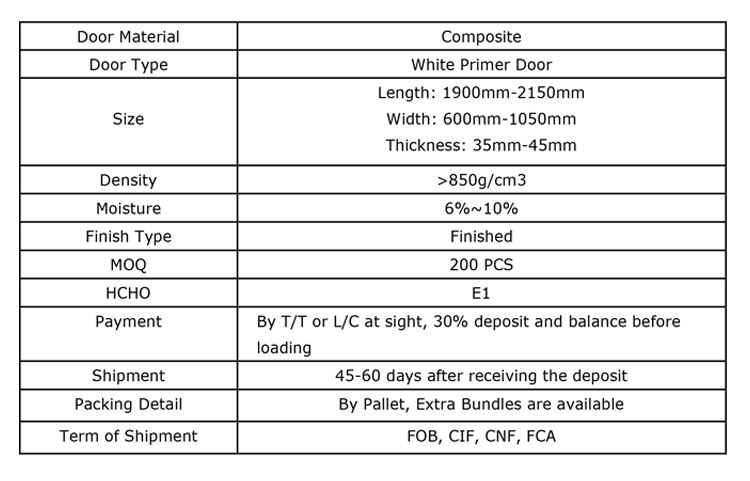
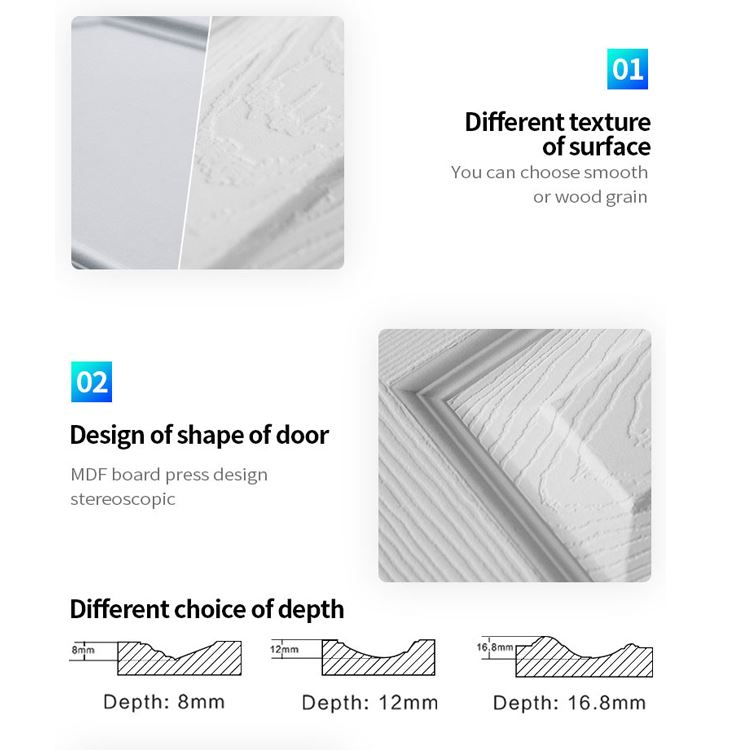
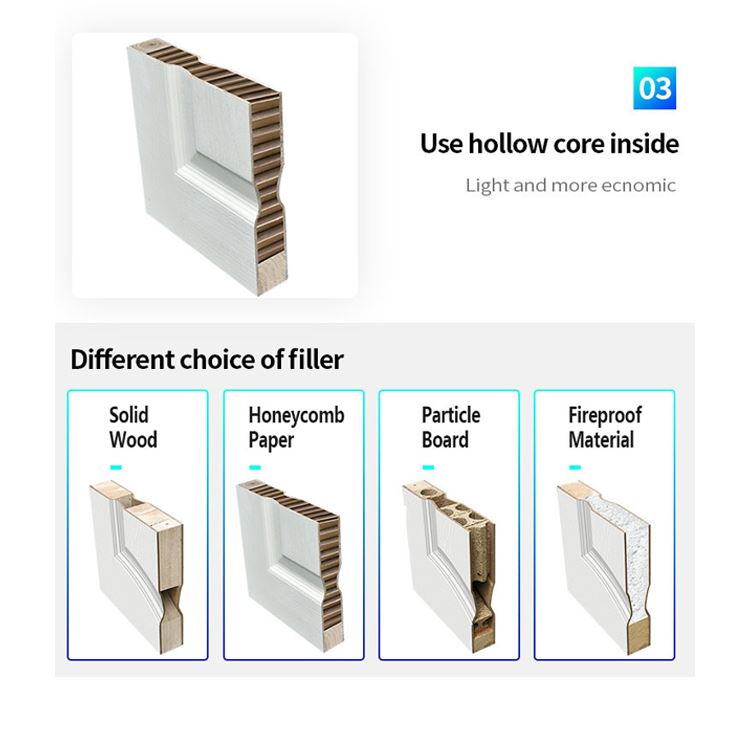
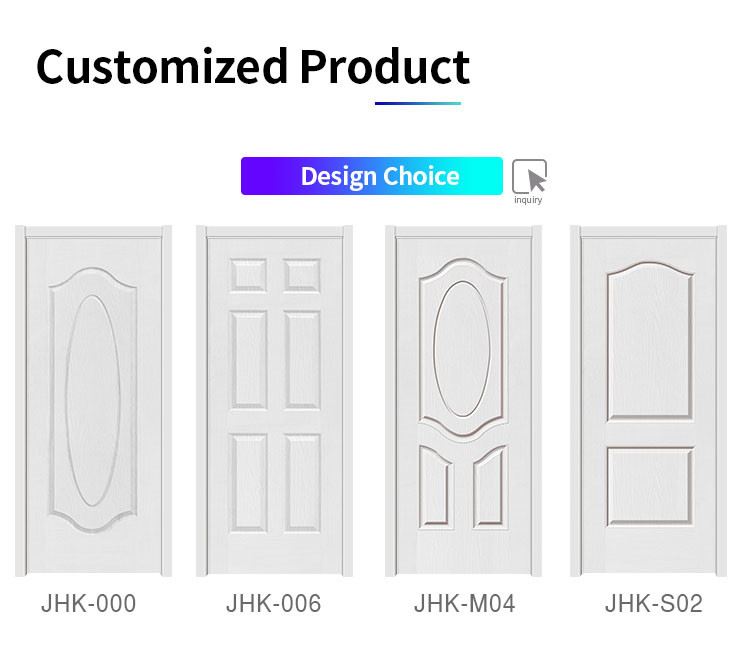
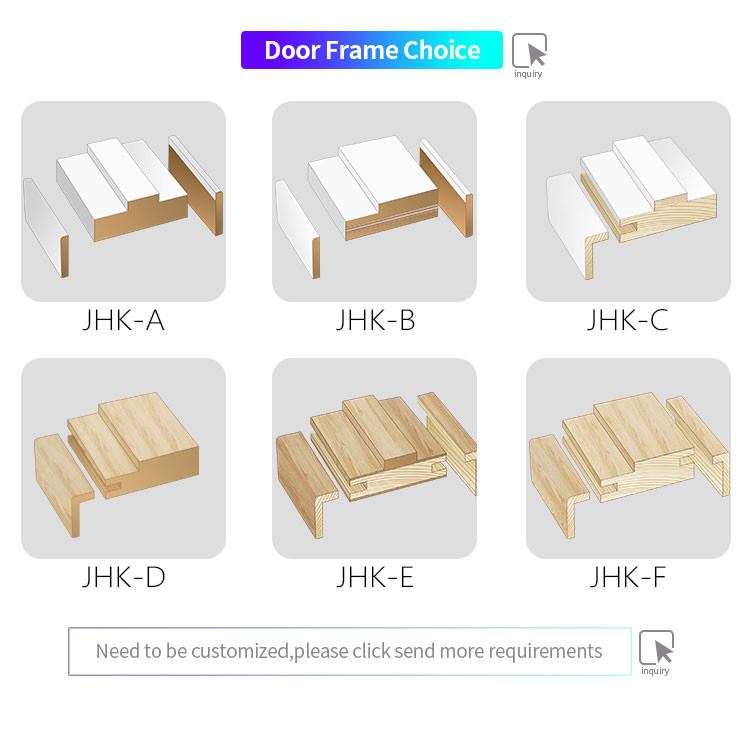



Cut the studs and sill plate to the width required.
Never cut a wall top plate! The boards secured in an upright position along the sides of the frame are referred to as studs., and are used to support the wall. The board that transverses the top of the studs is called the top plate.
· To make the studs, measure the height of the door to be installed. Cut 2x4s to the height of the door plus 1 1/2 inches (5.1 cm) to allow room for the top of the frame and allowance for leveling the jamb.
· To make the door header, cut 2x4s to the width of the original opening.
· A "king stud" is one that runs continuously from the top plate (usually a double plate) to the bottom plate.
· The "jack stud" is nailed to the king stud, but it's shorter as it supports the door header.










